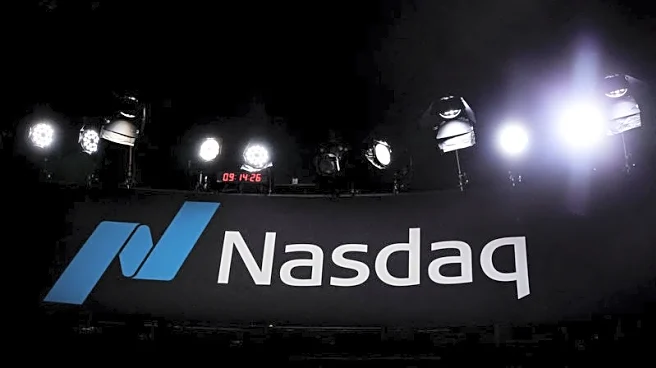(Reuters) - Xanadu Quantum Technologies will go public on the Nasdaq through a merger with blank-check firm Crane Harbor Acquisition Corp in a $3.6 billion deal, the companies announced on Monday.
The Canadian
quantum computing firm expects to fetch nearly $500 million through the SPAC deal, including a $275 million private investment in public equity.
Quantum computers are widely regarded to have the potential to solve problems beyond the capability of classical computers.
The technology has progressed from theoretical promise and fundamental challenges to practical commercial roadmaps this year, with heightened focus from tech giants like IBM, Microsoft, and Google, which announced a breakthrough algorithm last month.
Last month, U.S. banking giant JPMorgan Chase also outlined quantum computing as part of a broader $1.5 trillion initiative.
Qubits - the building blocks of quantum computing - can compute in minutes the reactions of trillions of atoms or cells over time, making them invaluable for medicinal and materials science breakthroughs. Classic supercomputers are estimated to take thousands of years for similar tasks.
However, they are prone to errors that can quickly overwhelm the useful computing work of a quantum chip, prompting debates in the upper echelons of the tech industry on their feasibility.
A slew of quantum computing companies have sought to go public through SPAC mergers in recent years, sidestepping a lengthy IPO process to list their shares.
In September, quantum computing startup Infleqtion agreed to go public through a $1.8 billon SPAC deal with a blank-check company led by veteran Wall Street dealmaker Michael Klein.
SPACs are shell companies that raise money through IPOs to merge with a private company and take it public.
Morgan Stanley acted as financial advisor for Xanadu, while JonesTrading was the capital markets advisor for Crane Harbor.
(Reporting by Arasu Kannagi Basil and Ateev Bhandari in Bengaluru; Editing by Leroy Leo and Shailesh Kuber)










